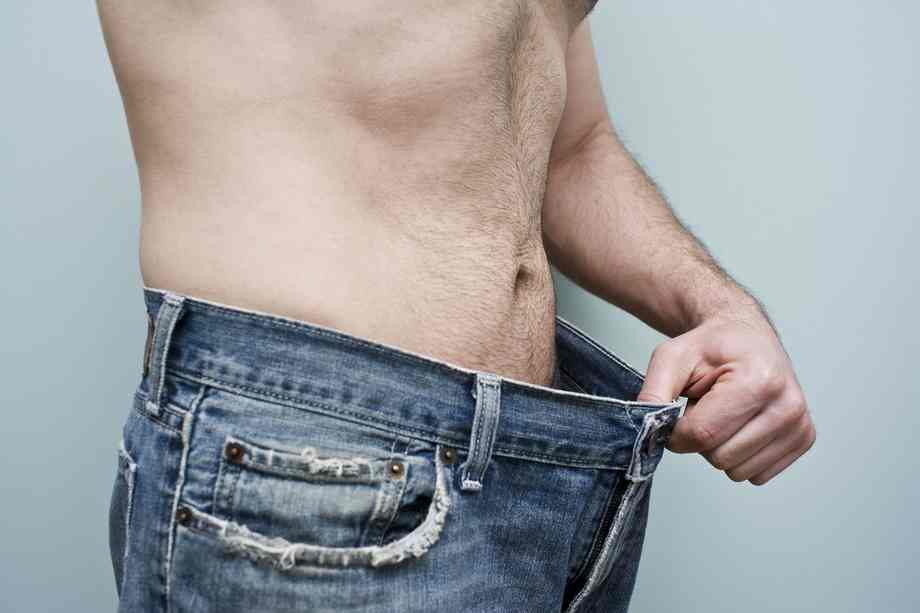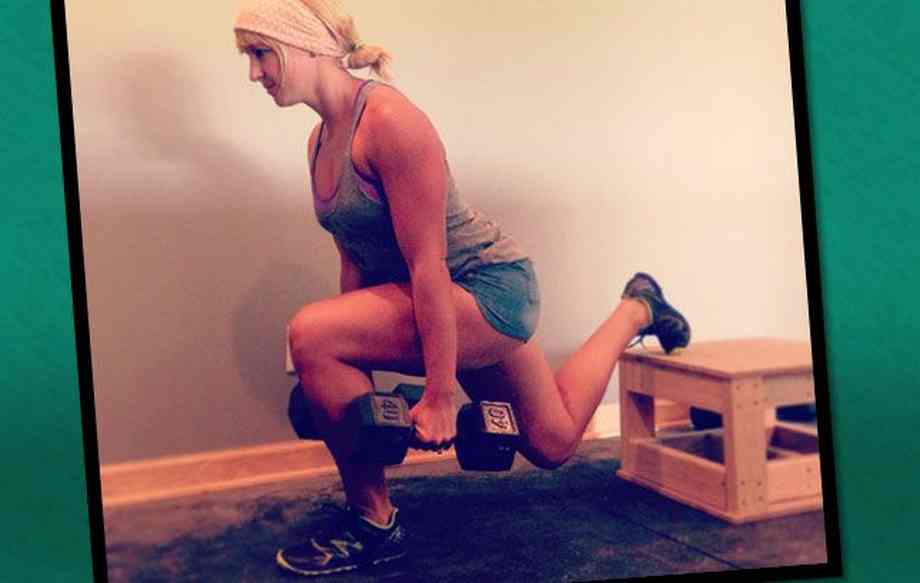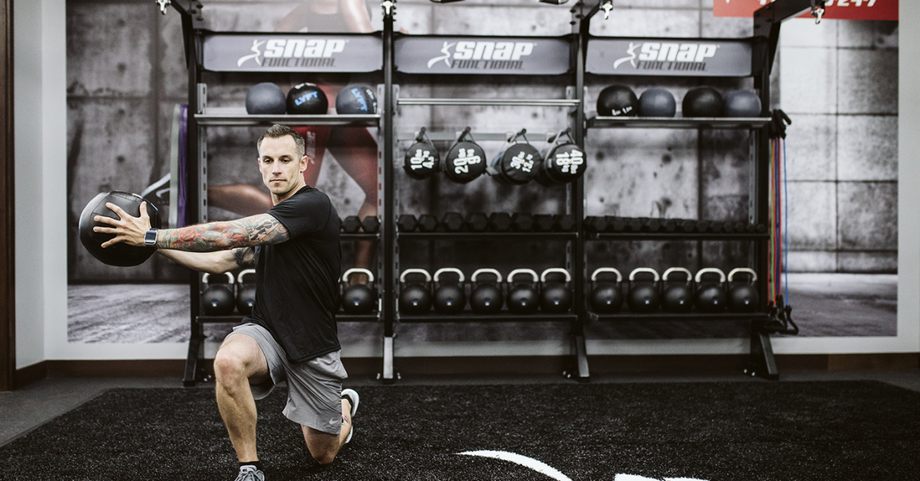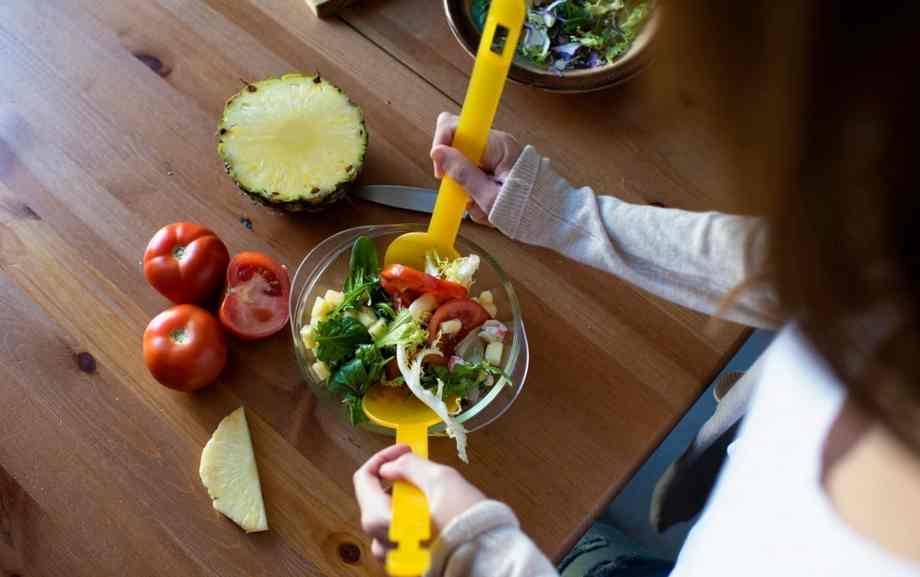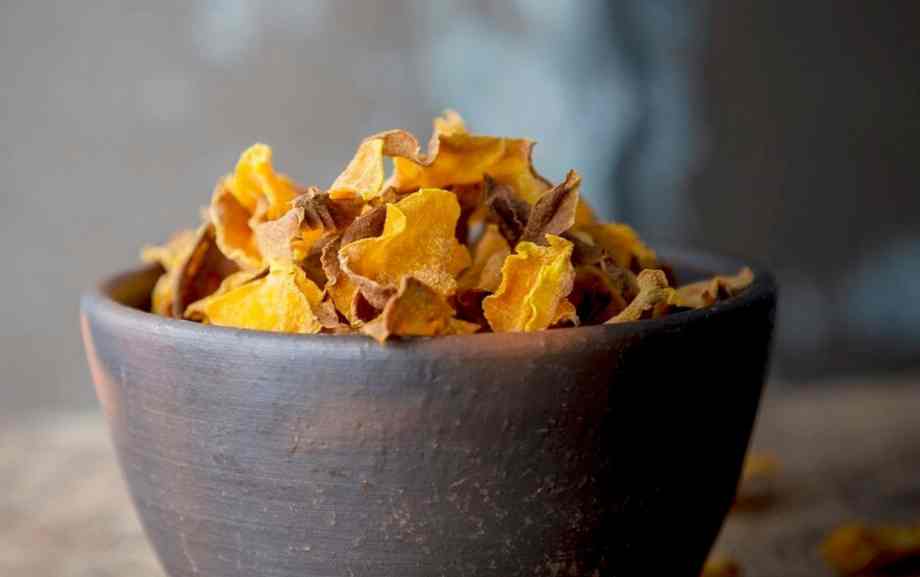Weâve lined the well being features of bread and rice, and agree that, on steadiness, they’re scrumptious, nutritious and under no circumstances âunhealthyâ like their popularity as carbohydrates tends to label them. However you is perhaps questioning if pasta can also be wholesome sparsely, and the way pasta alternate options like chickpea, zoodles or buckwheat stack up. Right hereâs what you might want to know.
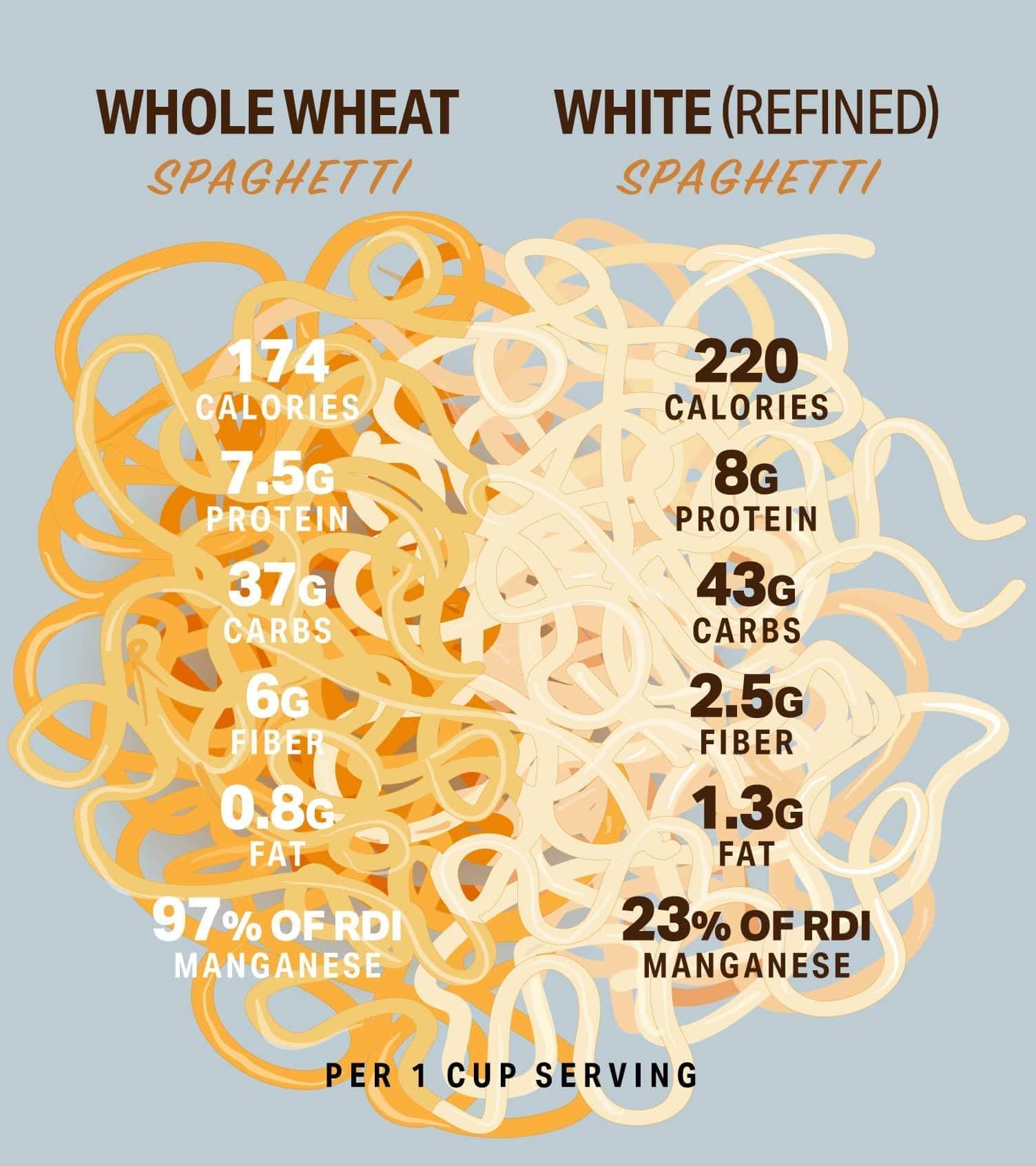
Entire-grain pasta, or pasta made out of whole-grain wheat, not stripped of the bran and germ, is an efficient supply of fiber, manganese, B nutritional vitamins, phosphorus and iron. Refined pasta, which is stripped of the bran and germ, incorporates fewer nutritional vitamins and minerals and about half the quantity of fiber as its whole-grain counterpart, making it a much less nutritious selection typically. There are at all times exceptions to the rule, and typically we’d like meals which are a bit simpler on the digestive system, wherein case the decrease fiber content material of refined pasta is useful. For instance, if in case you have GI misery or are an endurance athlete with an enormous occasion or onerous coaching the subsequent day (you want one thing with much less fiber). As at all times, the secret is selection, and while you do have pasta, what youâre consuming it with.
WHAT ABOUT OTHER DIGESTIVE ISSUES?
A standard criticism I hear from purchasers is consuming pasta leaves them feeling bloated and uncomfortable, or they eat pasta and âachieve 5 kilosâ instantly (I promise, this isnât potential). Individuals typically mistakenly attribute this to the carbohydrates in pasta, the gluten content material or each. Normally the problem right here is neither, most individuals can digest gluten simply tremendous, itâs the larger image. When pasta is served at a restaurant (and even after we eat it at house), the parts are fairly massive and it serves because the âprimary occasionâ of the meal. Whatâs extra, refined pasta isnât very filling as a result of its lack of fiber and decrease protein content material, so we could need to eat extra of it to really feel glad. That is very true if the meal doesnât embody different fiber-containing meals like greens or a high-quality protein supply.
Restriction of pasta and carbohydrates usually is one other massive motive why one could really feel bloated after they âgive inâ and have these meals. Dietary restriction typically results in bingeing, and when paired with all-or-nothing considering (âIâm permitting myself this meals solely proper now, after which by no means once more!â), overconsuming meals like pasta is widespread and might completely result in bloating. Nevertheless itâs not the pasta itself right here, itâs the disordered, weight loss program mindset and/or physiological response to restriction. Itâs additionally essential to notice that after we limit carbohydrates, we lose water weight as a result of the physique loses saved carbohydrates together with water. As soon as carbohydrates are consumed and the physique can restock these shops, we additionally retailer water with them, and that may result in a bloated feeling. This pure course of sometimes wouldn’t occur so noticeably if complicated carbs had been consumed regularly.
WHAT KIND OF PASTA SHOULD YOU CHOOSE?
Maintaining your weight loss program assorted and making an attempt new meals will help you attain your well being targets. Listed below are some widespread forms of pasta to strive:
WHEAT PASTA (WHOLE WHEAT, WHITE)
That is the most typical sort of pasta, and it may be present in complete wheat/whole-grain variations or refined, white variations. Entire wheat pastas have a nuttier, hearty taste, whereas white pastas are extra delicate. Fiber content material in complete wheat pastas is about twice that of white, and this makes complete wheat varieties a bit extra filling with much less of a blood sugar spike. Each variations can have a spot within the weight loss program, relying on what dish is being cooked, particular person conditions or existence (as mentioned above) and what youâre having with the pasta.
BEAN-BASED PASTAS (CHICKPEA, BLACK BEAN, LENTIL, MUNG BEAN)
These pastas are glorious sources of fiber and protein and sometimes have about twice the protein and fiber of an entire wheat pasta. This makes them much more filling and likewise permits a extra full, satisfying meal when an extra protein supply isnât accessible or there are dietary restrictions. For instance, a lentil pasta with stir-fried veggies and a pesto sauce, or a chickpea pasta with tomato sauce and steamed veggies could be nice choices for vegans or anybody who desires a fast weeknight meal.
ALTERNATIVE GRAIN PASTAS (BUCKWHEAT/SOBA, QUINOA, RICE)
These are good choices for these with Celiac illness as they’re gluten free (until made with some wheat flour â at all times examine the labels!). Soba noodles, widespread in Japanese dishes, are thick and nutty, and together with quinoa and brown rice pastas have the same nutrient profile as complete wheat pasta.
VEGGIE NOODLES (ZUCCHINI NOODLES, ETC)
âZoodlesâ and lots of different spiralized veggie noodles have grow to be fashionable, due partly to the recognition of diets that shun carbohydrates or grains. Zoodles generally is a helpful meal part for these trying to improve their vegetable consumption or folks with Celiac illness (who canât have gluten). Nonetheless, theyâre not a supply of complicated carbs and are sometimes much less filling than an everyday pasta.
THE BOTTOM LINE
Pasta is a type of comforting meals that nourishes the soul as a lot because the physique. If it werenât good for well being, whole nations like Italy would doubtless be within the midst of a well being disaster, not leisurely and fortunately tucking into their cacio e pepe with buddies. As with all the things, the hot button is steadiness. Take pleasure in pasta with a good protein supply and loads of veggies to make it a well-rounded meal.
